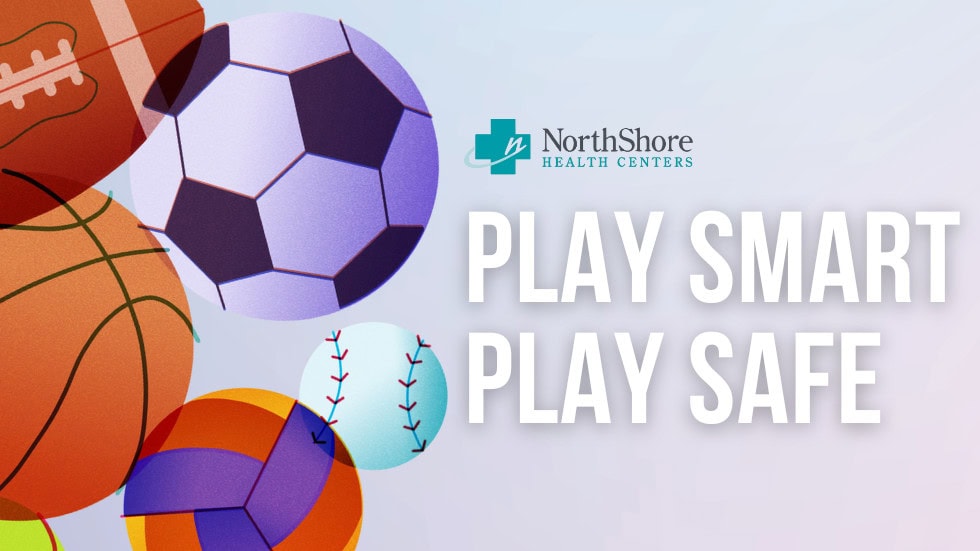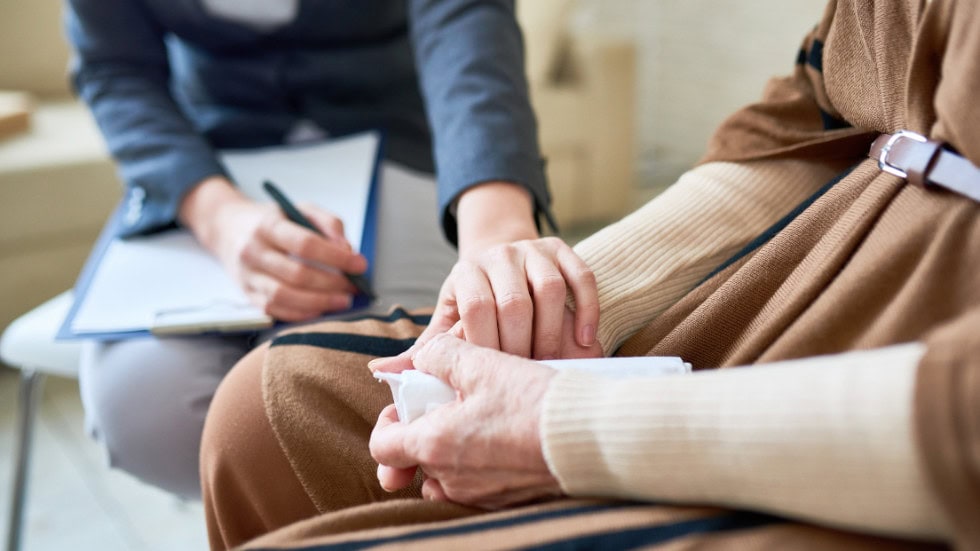Good Health Isn’t About Being Lucky

St. Patrick’s Day brings with it visions of four-leaf clovers, green, and the luck o’ the Irish. While we could all use a little extra good fortune and a pot of gold in our lives – good health isn’t about being lucky. It’s about being prepared.
There are numerous ways we can take control of our health by being proactive and prepared: eat right, get enough sleep, form healthy habits, get preventative screenings.
EAT RIGHT
According to the CDC, good nutrition is essential to being healthy, throughout the entirety of our lives. A healthy diet has proven to help people live longer, have a lower risk of obesity, reduce the risk of chronic conditions such as heart disease, type 2 diabetes, and certain cancers, and can help those who live with chronic conditions manage their diseases and prevent further complications.
Most Americans do not have a healthy diet. Fewer than 1 in 10 adolescents and adults eat enough fruits and vegetables and 9 in 10 Americans over the age of 2 consume more sodium than is recommended for a healthy diet.
You should ask your healthcare provider for more tips on how to eat a balanced diet and learn more about the US Department of Agriculture’s My Plate here.
GET ENOUGH SLEEP
The US Department of Health and Human Services recognizes sleep helps keep your mind and body healthy. It’s important that adults get seven or more hours of good quality sleep each night. However, it isn’t all about the hours we spend in bed but how many hours we get of quality sleep.
Good sleep habits should also change throughout our lives. Children, for instance, need even more sleep than adults.
- Teens need 8 to 10 hours of sleep each night
- School-aged children need 9 to 12 hours of sleep each night
- Preschoolers need to sleep between 10 and 13 hours a day (including naps)
- Toddlers need to sleep between 11 and 14 hours a day (including naps)
- Babies need to sleep between 12 and 16 hours a day (including naps)
- Newborns need to sleep between 14 and 17 hours a day
Check out more from Harvard on how to set yourself up for good sleep with these 8 tips:
- Exercise
- Reserve bed for sleep
- Keep it comfortable
- Start a sleep ritual
- Eat – but not too much
- Avoid alcohol and caffeine
- De-stress
- Get checked
FORM HEALTHY HABITS
There’s no hard and fast rule on how long it takes to form a habit. However, every day you add a healthy habit into your lifestyle and schedule for the day is a benefit. And it’s one step closer to you creating an automatic healthy response or habit. Try to choose one healthy thing to do a day, and stick to it. If you’re looking for a list of healthy habits you can incorporate into your daily life, check out some of these ideas from the following categories:
- boost your brain health
- go to sleep earlier
- pump up your heart health
- shake off stress
- clean up your diet
- get back in shape
- set boundaries with technology
- improve your relationships
- become more resilient
- take care of your skin
- cut back on your vices
- clean up your environment
- get your gut in shape
- stay flexible and improve your posture
GET PREVENTATIVE SCREENINGS
When the COVID-19 pandemic started, many patients put their annual screenings and preventative care aside while we waited out the health crisis. In 2021, providers from locations like Cedars-Sinai, were estimating that screenings for breast, cervical, colon, and lung cancer were down by over 50%. Karen Reckamp, MD, recommends that “getting back into the routine of screening and preventive health is one of the most important things we can do.” She also suggests that the best starting point for all of us, post-pandemic, are primary care physicians.
Find out what screenings you should be receiving and the clinical preventative services recommended by the Office of Disease Prevention and Health Promotion.
Don’t wait for another sign or a lucky rainbow to appear before you schedule your recommended screenings. Call today, speak to your provider, and let us help you take control of your health.



